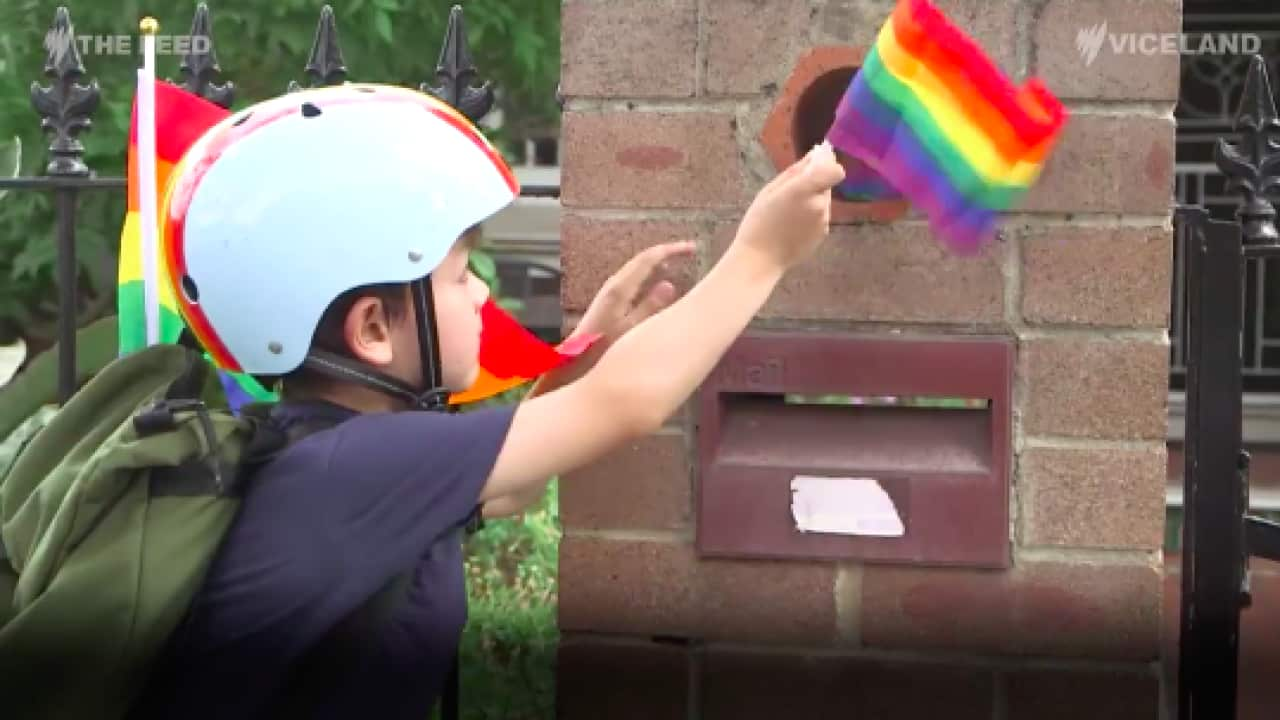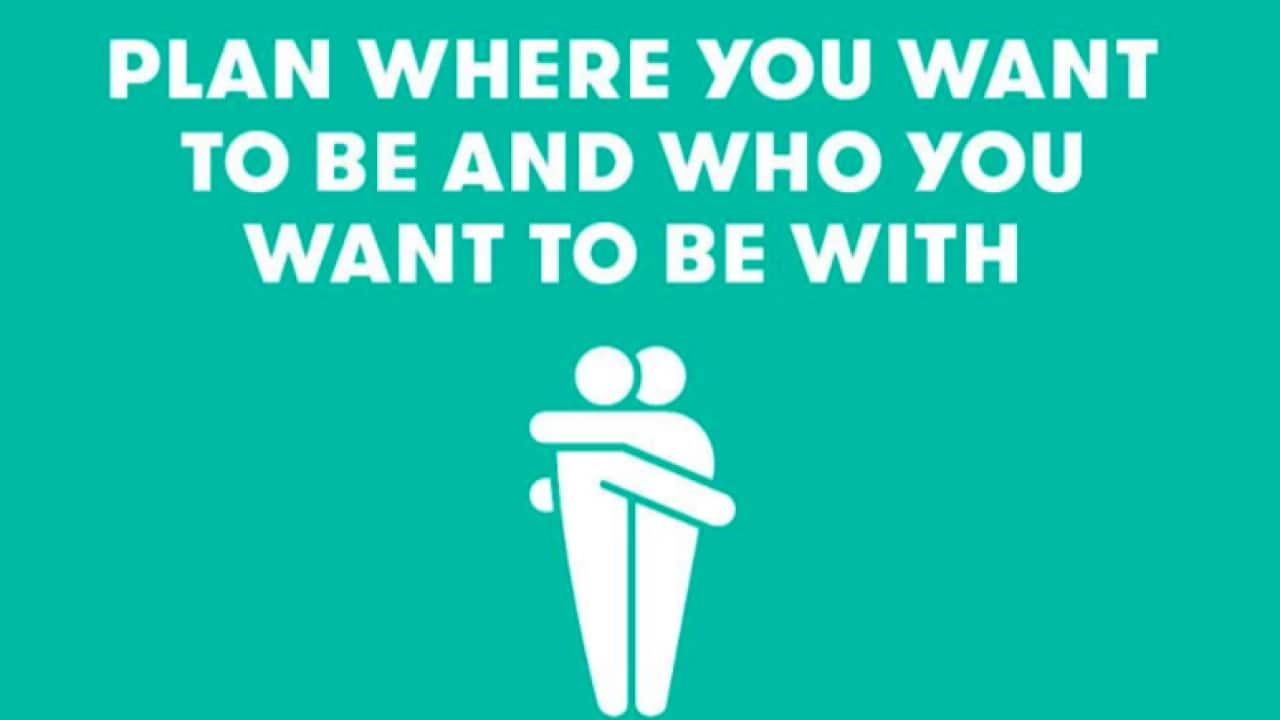On Wednesday morning I’ll be two coffees into my workday when I learn the results of the national postal survey on the value of my relationship. The expectation will be that I remain at work, answering emails and running menial errands, regardless of the conclusion.
It will be an anticlimactic end to an emotionally harrowing campaign; one which has included heated discussions with next-door neighbours, confronting conversations with elderly relatives, and regularly driving past large “It’s OK To Say No” signs in our neighbourhood.
However, even if the result is a resounding ‘YES’ — an outcome our community has fought so resiliently for over the past few months and, in many ways, the preceding decade — the release of Liberal senator James Paterson’s marriage bill this morning suggests our politicians are determined to further complicate that which should be straightforward.
In the unmistakable style of a knuckle-grinding bully in any given 1970s high school sitcom, opponents and conservative supporters of marriage equality are already working in overdrive to ensure our possible victory is a hollow, even meaningless one.
The private member's bill, presented as a counter to the one already penned by Liberal senator Dean Smith, is wracked with confusing and outwardly discriminatory clauses, including one which would allow government employees the right to refuse the registration of same-sex marriages on corresponding state or territory registries.
Basically, it’s the parliamentary version of “I’m not homophobic, but…” — reminiscent of a child’s tantrum after losing a friendly game of Snakes and Ladders. Y’know how children are inclined to change the rules to suit them when they’re losing?
One must ask what is so inherently fearsome about LGBTIQ+ Australians that opponents of social reform are now, for one of the first times in Australian history, seeking permission to not only maintain but extend broadly written prejudices; taking us back to an era when businesses had the right to pick and choose their customers based on race and religion.
Talk about that often-touted ‘slippery slope’ — if we’re granting Australians the right to discriminate against LGBTIQ+ people, who’s to say we shouldn’t also grant the right to discriminate against others? Should divorcees be denied service by those who believe it’s a sin? What about those who have children outside of wedlock? Interracial couples?
If anything, Paterson’s bill simply proves what many of us have always known — that this debate and a $120 million national survey were never about preserving the so-called integrity of traditional marriage, but were about ensuring that LGBTIQ+ Australians were branded with a new definition of ‘otherness’, regardless of what many view as an inevitable reform. It’s stating clearly that LGBTIQ+ Australians are different and — even if one day allowed to get married — should be treated as such into the future.
Equality is not equality if it comes with terms and conditions — and legalising same-sex marriage under Paterson’s bill would be an expensive and unnecessary side-step, not the step forward everyday Australians have been hoping for. For those like my partner of four years, whose small sugarcane farming hometown in Northern Queensland only has one bakery, the cost of allowing service providers to discriminate based on sexuality is simply too huge. It serves only to alienate and divide, and those without strong support networks will be the ones who bear the brunt.
Our community has suffered enough under the circumstances of this ill-advised postal survey — if the results come back as a ‘Yes’ on Wednesday, we deserve the chance to celebrate that victory, not fear its consequences.






